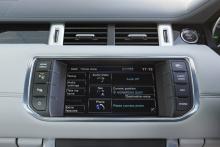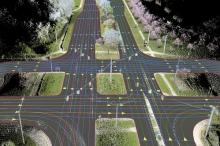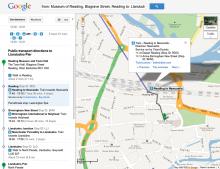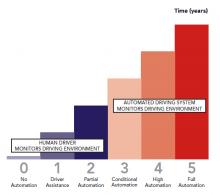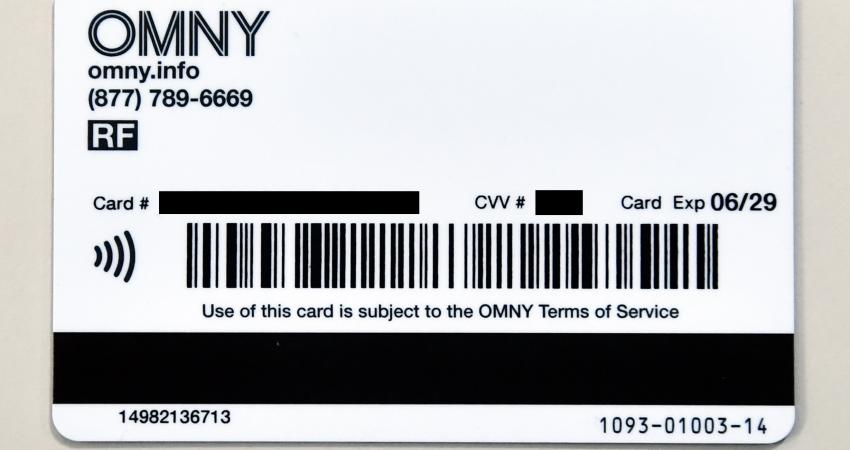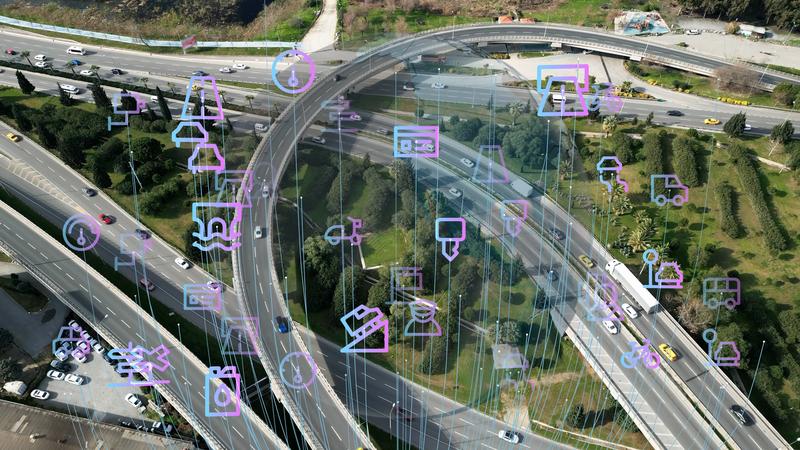
The pace of development and trials of driverless vehicles would lead many to believe they are the answer to all transportation problems. They are not – indeed self-driving cars will create more problems than they solve. Autonomous vehicle dominate the transport agenda because big business has launched a public relations battle to convince politicians, law makers and the public at large the driverless technology is unquestionably the solution to road deaths, congestion, poor air quality and other ills.
The only thing driverless vehicles really represent is a rosier future for auto manufacturers and other suppliers – much better than with widespread car- and ride-sharing (which could decimated sales), expanded public transport or the rise of Mobility as a Service (MaaS). That congestion cannot be solved with single occupancy vehicle solutions is not a consideration for auto manufacturers just as, it appears, road safety is not a consideration for the mobile phone industry.
America’s National Safety Council estimates that distraction cause by mobile phones is a factor in 27% incidents – that’s more than one million crashes a year - and one in three UK drivers admit to using a handheld mobile phone. Yet eight years ago a patent application assigned to Apple was filed for a system that detects which person in a moving vehicle is using the phone and then block operation if that is the driver. The patent was granted in 2014 but I believe this system has never been implemented (Apple had yet to reply to our emails and calls).
Maybe Apple is planning to follow Volvo’s 1959 example when the car company waived its patent rights to allow other manufacturers to use three-point seat belts; - although I doubt it. If and when this safety feature does appear, then I will be the first to applaud but I hold out little expectation of inclusion in the iPhone 7.
As businesses do not consider the effects of their products on the public, it is imperative that authorities continue to ignore any hype and fully investigate the implications of new developments to shape legislation in the public interest. And let driverless cars be a shining example of such diligence.




